It Helps Relax Your Blood Vessels
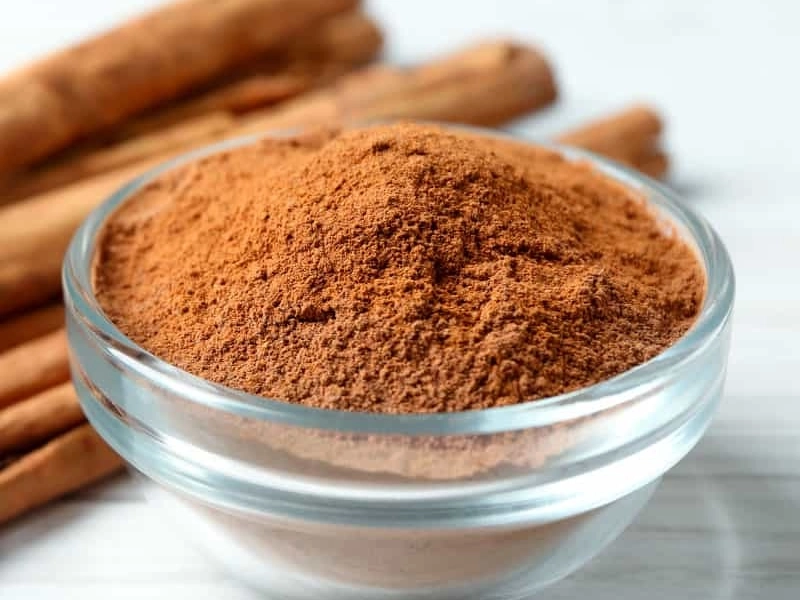
Cinnamon has been used for centuries as a natural remedy, known to have anti-inflammatory effects, reduce blood sugar in diabetics and possibly help prevent abnormal clotting that could lead to stroke or heart attack.
Studies have demonstrated that cinnamon can reduce blood pressure. One such study discovered that people who consumed 1200 mg of cinnamon daily for 12 weeks experienced an average decrease in their systolic and diastolic blood pressure (SBP and DBP) of 5.39 millimeters of mercury (19).
This is primarily due to the fact that it acts as a direct vasodilator. Direct vasodilators target the muscle cells lining your blood vessels, making them relax so more blood can pass through.
It Helps Thicken Your Blood
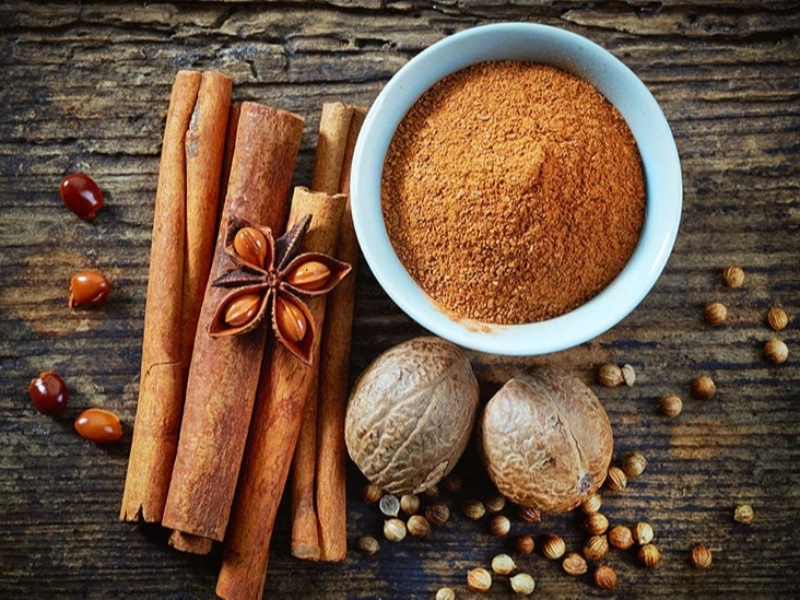
It contains various compounds that support the cardiovascular system. One such compound, cinnamaldehyde, helps lower blood pressure.
Another beneficial element is vitamin K, which prevents minerals from clogging your arteries. Combining that with magnesium, cinnamon can also lower blood pressure by relaxing blood vessels.
Finally, cinnamon's anti-inflammatory effects can be beneficial for heart health. It reduces markers of inflammation in the blood such as C-reactive protein and free radicals that cause harm.
It Helps Lower Your Blood Sugar
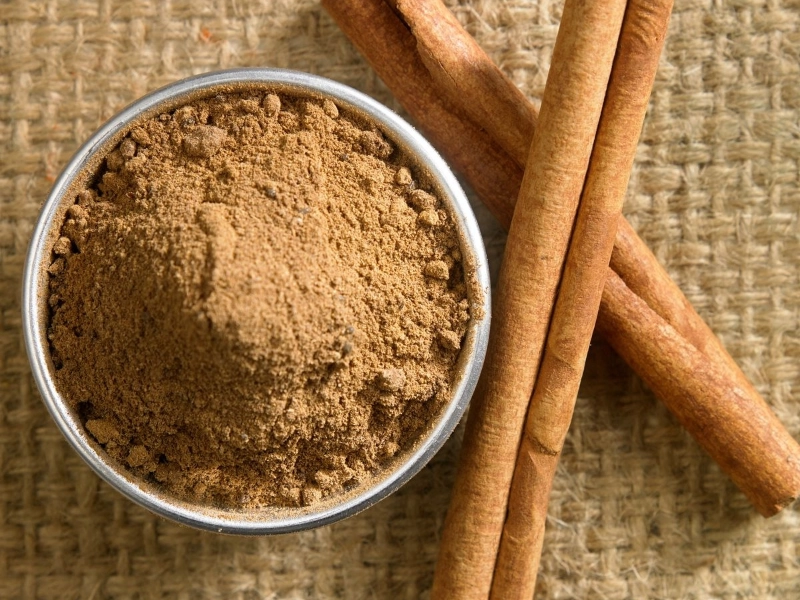
Cinnamon has long been recognized for its health benefits, such as anti-inflammatory properties and the ability to lower blood sugar levels in those with diabetes. Furthermore, cinnamon helps prevent abnormal blood clotting that could result in heart attacks or strokes.
Studies have demonstrated that cinnamon helps lower your blood sugar by moving sugar from your bloodstream into cells and increasing cell sensitivity to insulin. This may prevent type 2 diabetes from developing in those who are pre-diabetics.
It Helps Lower Your Cholesterol
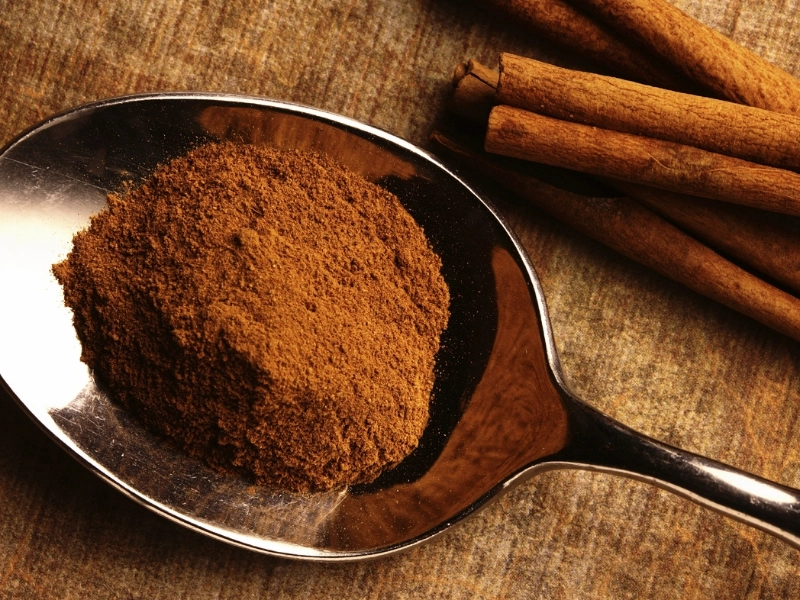
Good news: Cinnamon can also help reduce your cholesterol. This is because it contains a blood-thinning agent which works to lower LDL (bad) cholesterol.
Though this is an encouraging finding, further investigation is necessary to fully comprehend the long-term effects of cinnamon. Furthermore, it should be noted that excessive consumption of cinnamon may lead to toxic effects.
Advertisement
Recommended Reading: The Benefits of Drinking Green Tea for Your Health


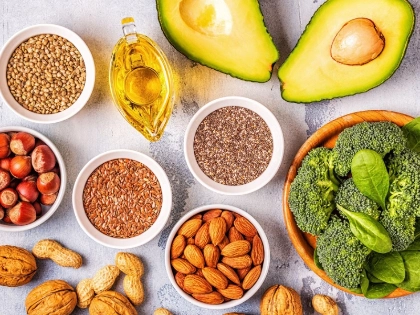






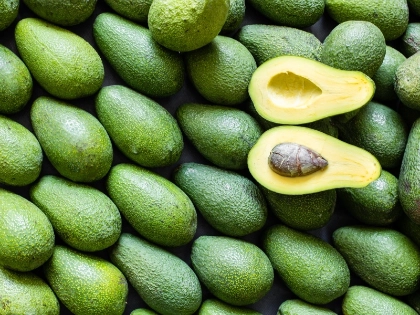

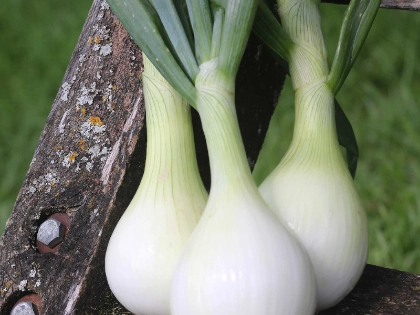









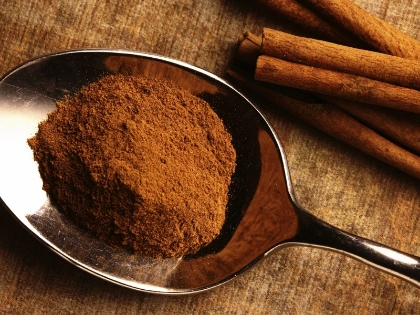




Comments
Leave a Comment
Your email address will not be published. Required fields are marked *